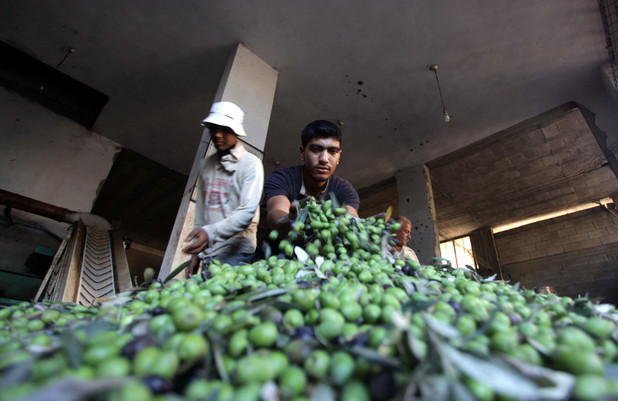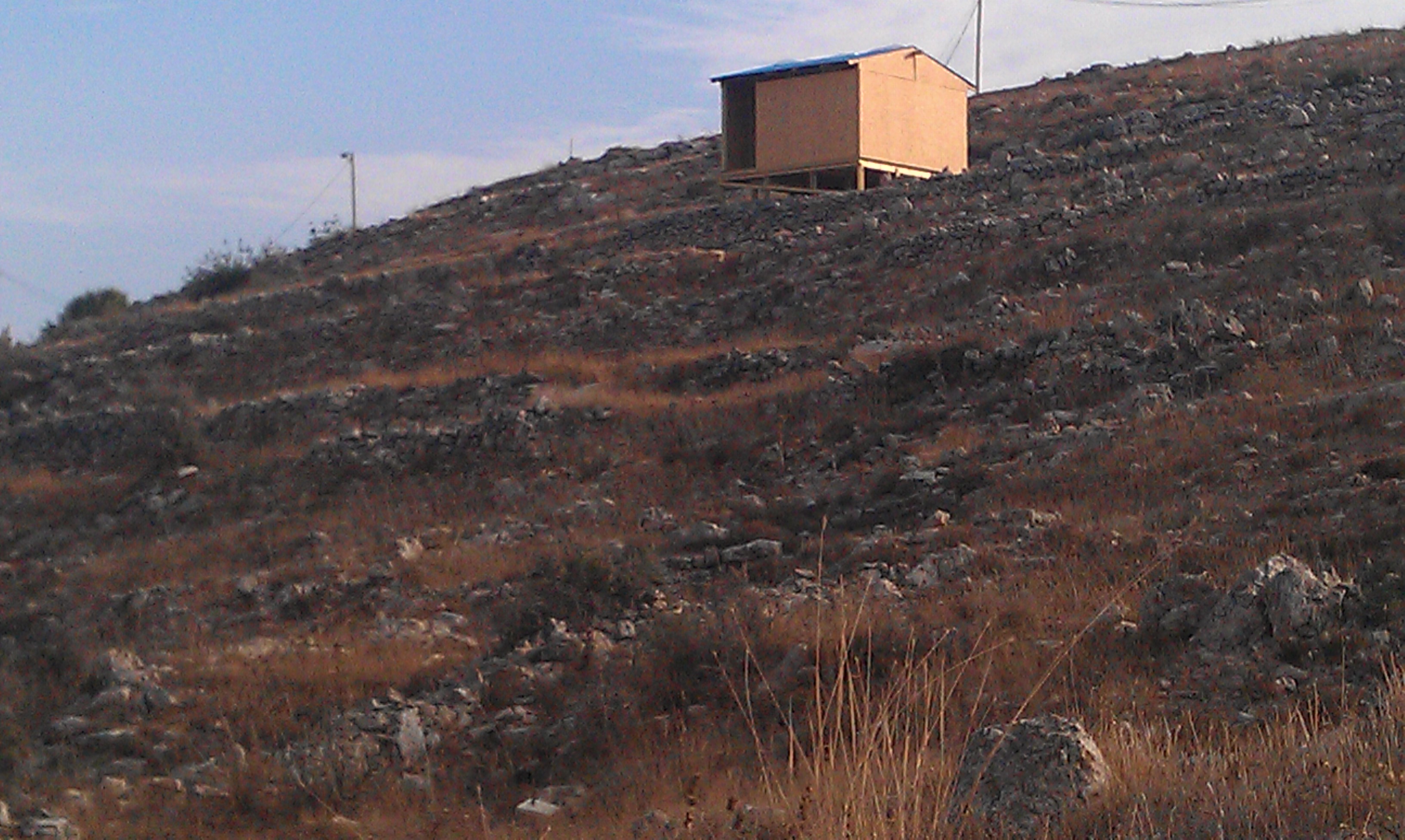Tag: Settler violence
-
Morning settler attack triggers clash with serious injuries in Qusra
18th November 2013 | International Solidarity Movement, Nablus Team | Qusra, Occupied Palestine Early yesterday morning, a Palestinian family was attacked by approximately 20 settlers on their fields in Qusra village, southeast of Nablus. 30 olive trees were also destroyed. Following this incident, a clash broke out between Israeli forces and Palestinian youth in the…
-
Gaza farmers succeed in tending to olive harvest — with international support
16th November 2013 | The Electronic Intifada, Joe Catron | Gaza City, Occupied Palestine During the recent olive harvest, which lasted from the end of September through October, dozens of Palestinian volunteers joined farmers in their groves near the tense barriers of the Gaza Strip. The volunteers worked during a week at the height of the harvest season, from…
-
Settlement expansion in Hebron encroaches on Palestinian land
10th November 2013 | International Solidarity Movement, Khalil Team | Hebron, Occupied Palestine The attempted expansion of Kiryat Arba, the largest settlement in Khalil (Hebron), threatens to further reassign land boundaries. This would affect the livelihoods of several Palestinian families who have long been subject to harassment and violence. On Tuesday 5th November, international activists were…



